UP: Controversial Arrests of Muslim Minors in Varanasi Spark Legal Concerns
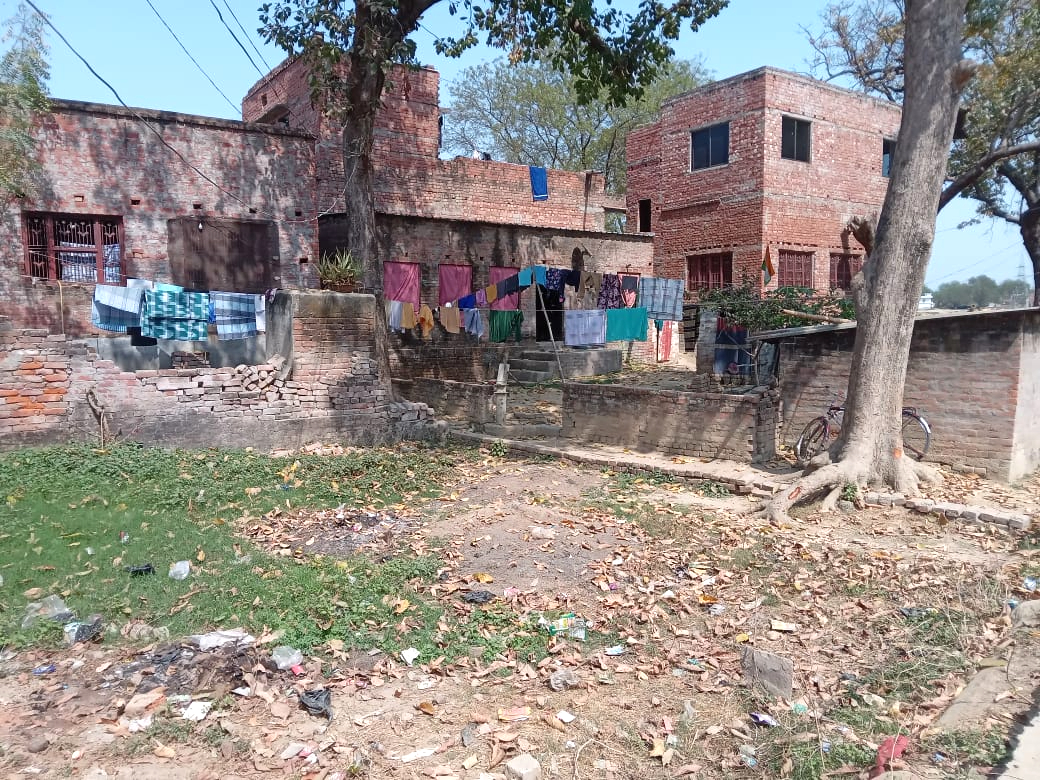
Varanasi (Uttar Pradesh): Eleven Muslim minors, aged between 11 and 15 years, at Tadiya village under Varanasi's Lohata police station threw stones at streetlights while playing on March 4. It resulted in the bulbs breaking and damaging the rooftops and doors of nearby houses. The incident went viral after a video of it spread on social media, leading to police intervention.
Responding to a complaint, the police registered serious charges against the children, including rioting and provocation to cause rioting, and arrested the minor accused. This has created a tense atmosphere in the village, with concerns about further police action.
An investigation later revealed that the children’s intent was simply to steal bulbs, not to target any particular community. Despite this, the police filed multiple serious charges of
[caption id="attachment_451717" align="aligncenter" width="1040"]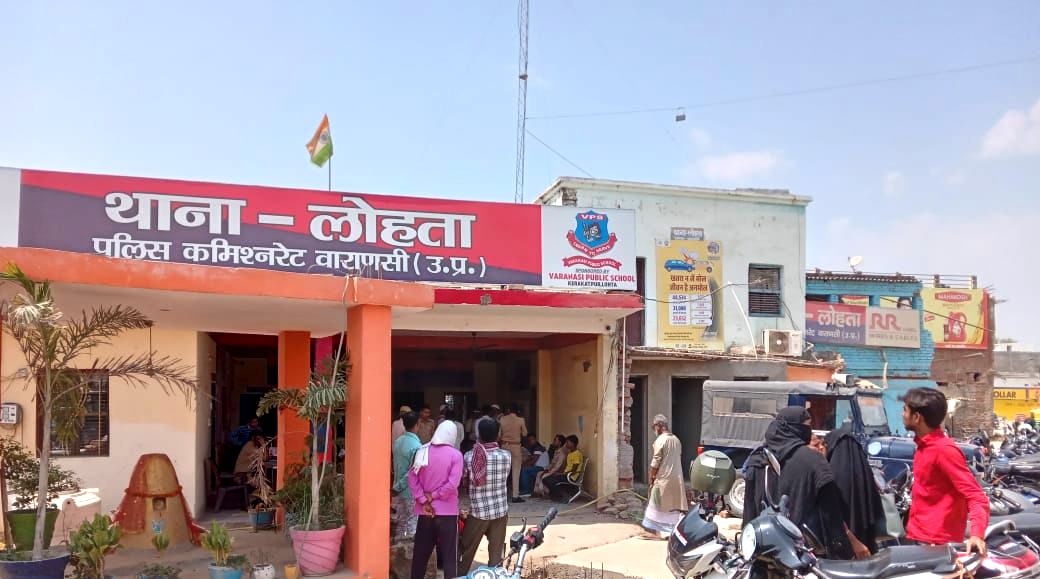 Lohta Police Station.[/caption]
Lohta Police Station.[/caption]
the Bharatiya Nyaya Sanhita (BNS), including Section 303(2) – theft; Section 317(2) – receiving or retaining stolen property; Section 324(4) – causing loss or damage to public property; Section 192 – provocation with an intent to cause riots; Section 3(5) – common intention; and Section 191(2) – rioting.
Despite arrests of the children, the tension continued to rise. It led to the involvement of Additional Police Commissioner Dr. S. Chansiya, who organised a flag march through Kotwa, Tadiya and Muslimpura villages, accompanied by forces and PAC personnel.
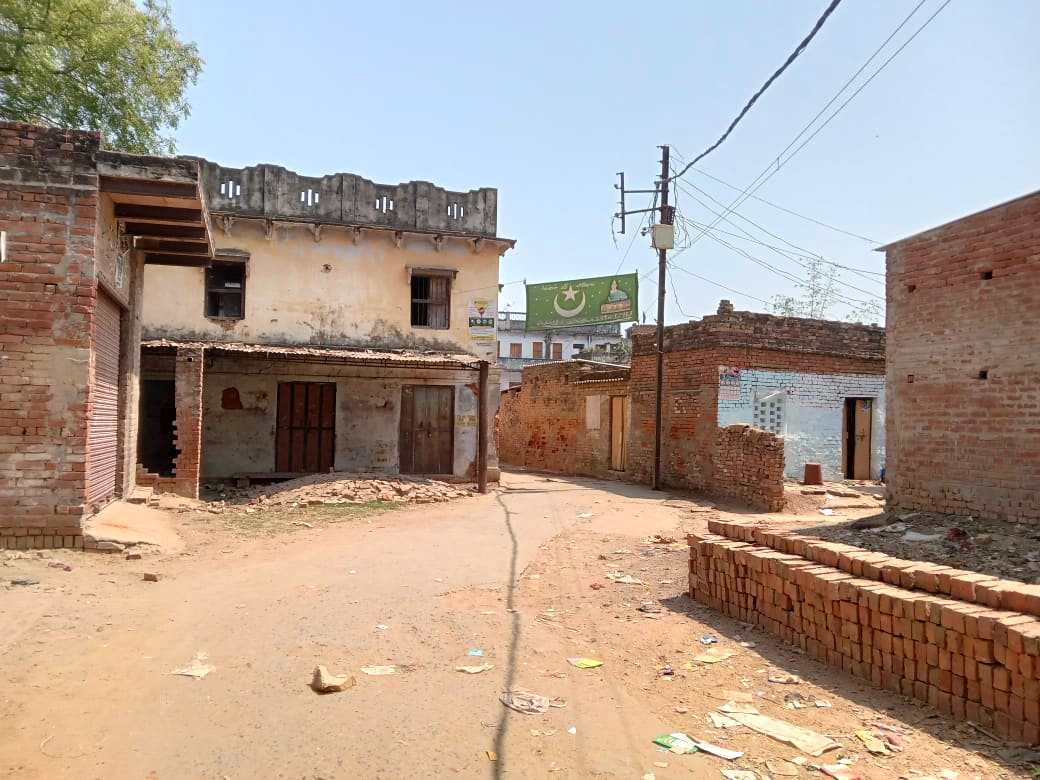 silence has befallen in Tadiya village[/caption]
silence has befallen in Tadiya village[/caption]
The 11 Muslim children who were detained in connection with the case belong to Tadiya and Muslimpura villages. After their detention for several days, they were finally released from the juvenile home on March 12, 2025. However, the fear persists within the village, as families worry that further legal action may threaten the future of these children.
Eerie silence in the villages
There is a visible silence in Kotwa market, with few people seen walking along the otherwise bustling streets. A nearby dilapidated road leads from Muslimpura to Tadiya, where street vendors were bargaining in hushed voices. Further along, the weaving community of Tadiya seemed eerily quiet, with the only sounds coming from the power loom machines inside the narrow lanes.
When approached, Ghulam Sarwar, a weaver by profession, said, “We are simple and hardworking weavers, struggling to make ends meet. My 13-year-old son was with the mischievous children who broke a bulb on a Hindu man's house and a streetlight while playing. Instead of such serious charges, they could have scolded the children or imposed a minor penalty. But they were falsely implicated in serious crimes like theft, hooliganism and riots and sent to the Ramnagar juvenile home.”
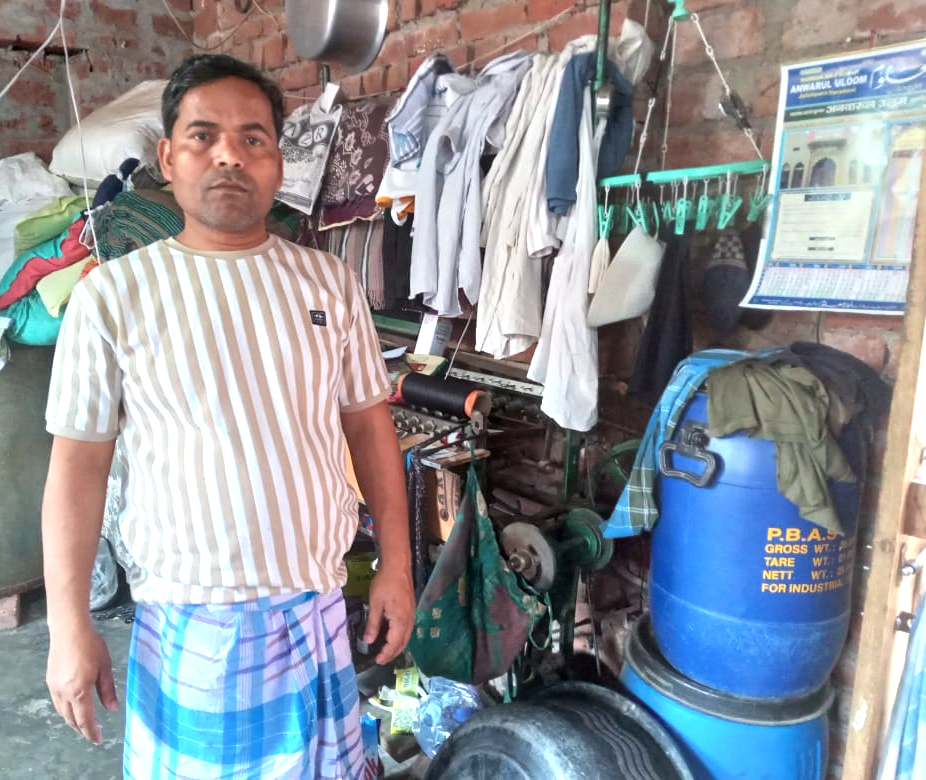 Ghulam Sarwar, a weaver, is saddened by the deliberate action taken against his child[/caption]
Ghulam Sarwar, a weaver, is saddened by the deliberate action taken against his child[/caption]
Sarwar’s wife, Rubina Parveen, remains in shock. Reflecting on the ordeal of her son’s sudden detainment, her face becomes tearful. “Two policemen came to my door at the time of breaking the fast,” she recalled. “They were shouting my husband and son’s names. When I told them they were not home, they did not believe me. They took my son’s cap and shirt and left. The next day, they returned and took my husband and son, claiming they would be home by evening. Two days later, my husband came back, and almost a week later, my son returned. No one can understand the pain my children and I endured during this time."
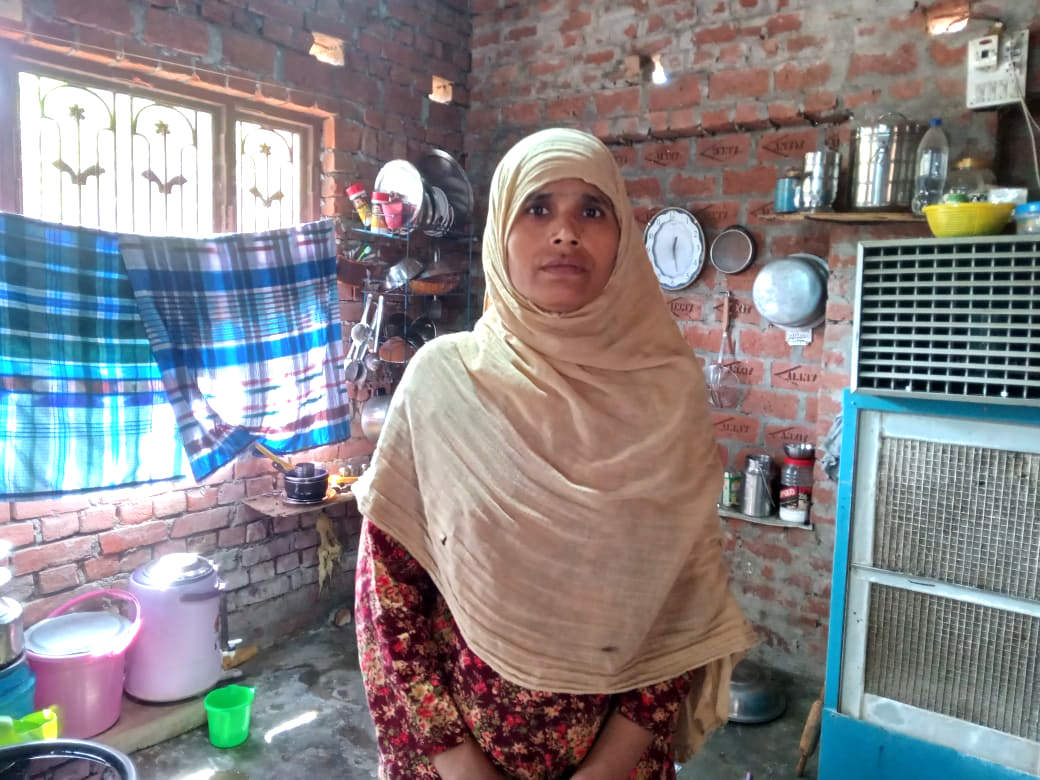 Rubina Parveen is worried about the child's future[/caption]
Rubina Parveen is worried about the child's future[/caption]
She said her son, who just went out to play, ended up in police stations, courts and the juvenile home. The police did this without any transparency. "I hope for justice, that the police will investigate and drop the serious charges against my child and the other 10 minors.”
Mohammad Ali, father of another accused, is also fearful. He expressed concerns that the police may come for questioning at any time. “For such a small act of mischief, the police gave my child a huge punishment,” he said. “They could have scolded or punished him lightly, but they turned him into a criminal. We are just trying to make a living. We have no enmity with anyone. Yet, Muslim children were intentionally trapped.”
One of the minors who was in the juvenile home shared his experience. “The officers in the juvenile home mocked us, calling us ‘Katuas’ and ‘Mullahs'," he recalled. “They cursed at us and even told us to go to Pakistan. They made us clean the floor and sweep, while other children in the home were not made to do such tasks.”
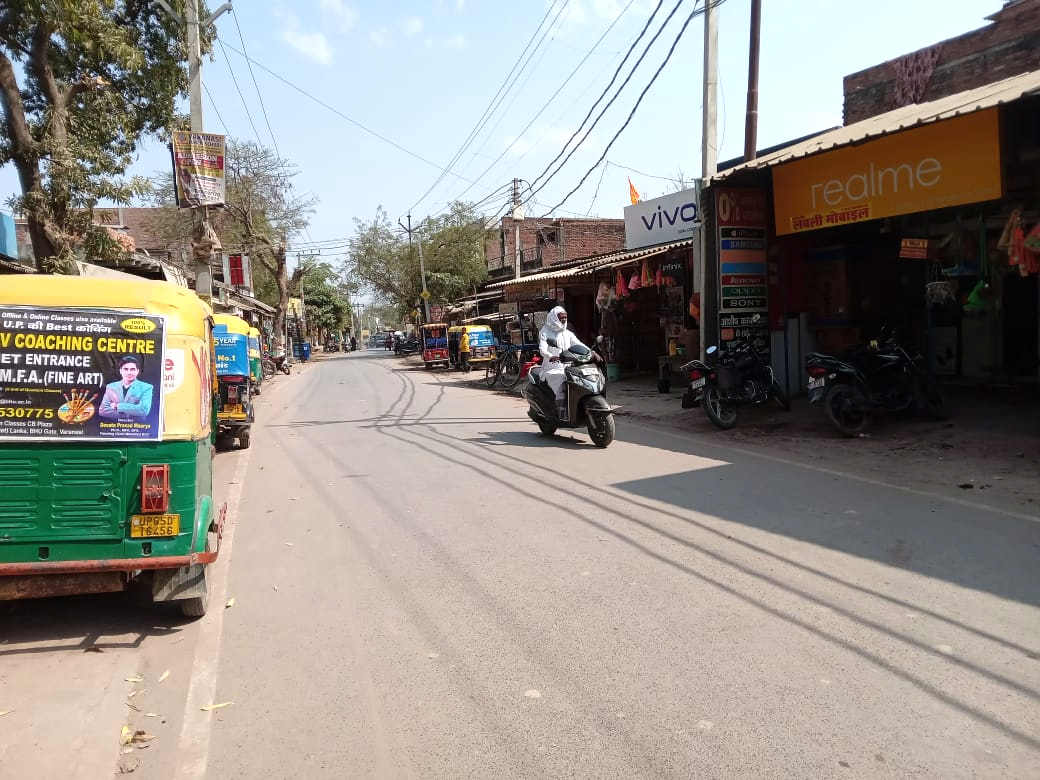 Silence on the road of Kotwan Bazaar[/caption]
Silence on the road of Kotwan Bazaar[/caption]
Legal concerns
Social activist Dr. Muniza Khan criticised the police action, stating, “Imposing serious charges on children goes against both Indian law and human rights. According to the Juvenile Justice (JJ) Act of 2015, children under 18 are not considered criminals but ‘children in conflict with the law'. Therefore, charging them with serious sections is not only inappropriate but also illegal."
She said when a minor commits a crime, an investigation is required to assess if the child understands the crime and is mentally capable of understanding its consequences.
"In this case, serious charges were directly imposed on the children, turning them into criminals. This raises questions about the misuse of the legal process. Did the police, without conducting proper investigations, wrongfully implicate innocent children? This case highlights not only legal concerns but also deep-rooted prejudice and discrimination in society,” she said.
In addition to this case, several other incidents of alleged targeted attacks on Muslims in Varanasi were highlighted in a memorandum submitted by civil society representatives to the police commissioner.
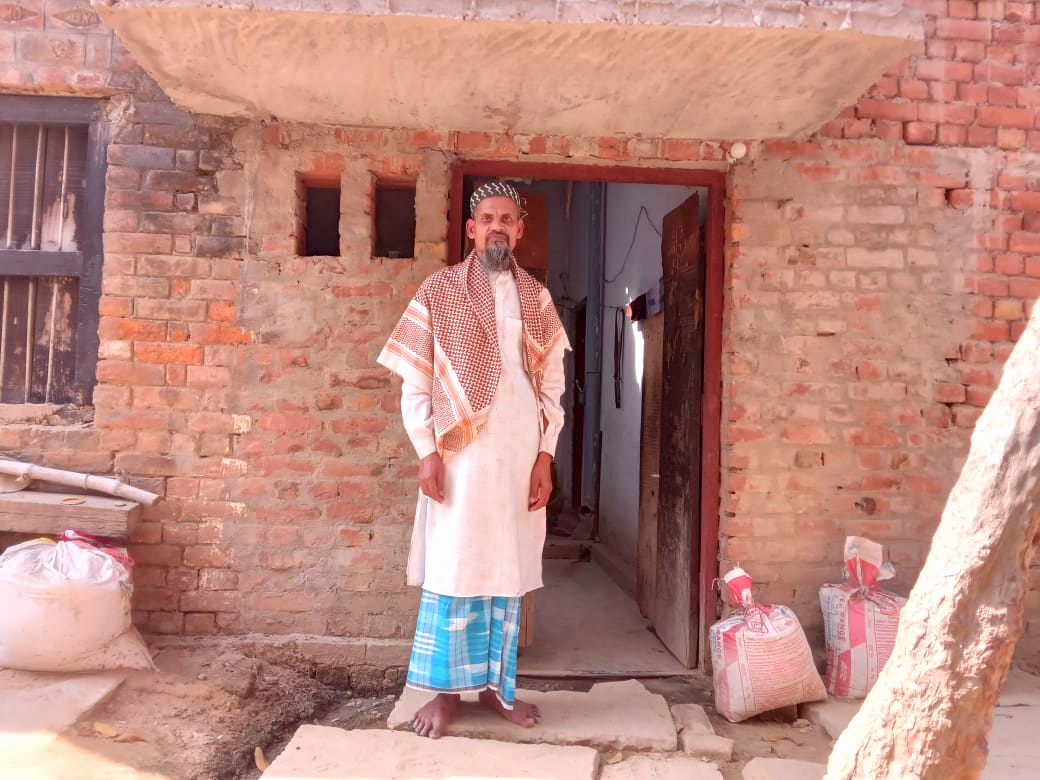 Muhammad Ali in shock[/caption]
Muhammad Ali in shock[/caption]
The first incident occurred on March 6 in Ambiyamandi, where 14 Muslim youths were arrested and jailed based on accusations by alleged local miscreants. This exacerbated the sense of insecurity within the Muslim community.
On February 27, a resident of Bakkariyakund, Rehan, was allegedly attacked by car-borne youths with a blade after he pointed out a route to them. The next day, when Rehan filed a complaint with the police, minimal action was reportedly taken.
A third incident occurred on March 11 in Dindayalpur under the Sarnath police station area, where two Muslim youths were allegedly attacked by a group of 10-12 assailants armed with sticks. The survivours were seriously injured and hospitalised. Though locals informed the police, no concrete action has allegedly been taken yet.
Politician Jamal Lari, who has unsuccessfully contested the Lok Sabha elections, expressed concern over the allegedly growing communal tension in Varanasi.
“There is a continuous attempt to provoke communal unrest in Varanasi,” he said. “Muslims are being targeted under various pretexts. Instead of treating these incidents separately, they need to be connected. Varanasi, which has always been an example of communal harmony, is now witnessing such attacks. This is a matter of concern. Are these isolated incidents, or is there a deliberate attempt to disrupt the peace in Varanasi? Why are questions being raised about the police and administration’s role? Is this the beginning of something larger?” he asked.
